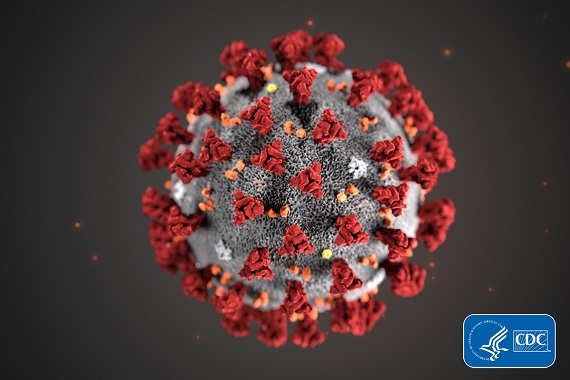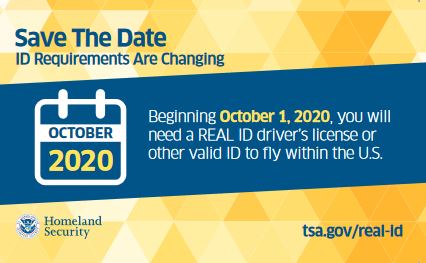Who likes to be cooped up? None of us! But kids are in their formative, high-energy years so it’s particularly hard for them to be away from school, friends, playgrounds, sports, and other activities. And if you are a parent, your challenge is to keep your kid(s) engaged, learning, happy, and safe. Online school activities and homework are likely occupying a good amount of time, but as we approach the weekend, we thought we’d offer some fun resources for you and your kids to explore. At the end of the list, we’ve also included some resources for keeping your kids safe online.
To start, we point you to Common Sense Media, a nonprofit offering reviews for what your kids want to watch (before they watch it). It offers trusted ratings for movies, books & apps created with families in mind. See their Resources for Families During the Coronavirus Pandemic. OK, on to the site
The Smithsonian – Fun Stuff for Kids and Teens
Meet the animals in live video cams, play games in the Science Game Center, visit the Learning Lab, download coloring sheets from the collection and explore more than a million science, art, history and nature resources.
NASA Space Place – Science for Kids
The site’s mission is “to inspire and enrich upper-elementary-aged kids‘ learning of space and Earth science online through fun games, hands-on activities, informative articles and engaging short videos. With material in both English and Spanish and resources for parents and teachers, NASA Space Place has something for everyone.”
NASA Kids Club
This site offers games is geared to children pre-K through grade 4. These games support national education standards in STEM — science, technology, engineering and mathematics.
Sesame Street Caring for Each Other
In response to the unprecedented uncertainty facing young children and families, Sesame Workshop’s Caring for Each Other initiative marks the beginning of a commitment to support families throughout the COVID-19 health crisis with a broad variety of free resources. “Children thrive with structure in their lives and they learn best through play–even in everyday moments like mealtimes and morning and evening routines. So our site is filled with content you can use all day long to spark playful learning, offer children comfort, and focus a bit on yourself, too.”
Code.org
Respected nonprofit that provides the leading curriculum for K-12 computer science in the US. Learn computer science when schools are closed features “Hour of Code” one-hour tutorials, online courses for both pre-readers and kids aged 9-18, a video library, apps and APP Lab where you can learn to design and build apps. Take a Code Break offers a weekly interactive classroom with special guests; A weekly activity or challenge; Options for beginners, experienced students, and even students without computers. Create an account or just start coding – no account needed. All courses are available at no cost.
The Best Kids’ Podcasts for Sheltering at Home
Compiled by Wired Magazine, who says, “These child-friendly podcasts will keep your children entertained and ease the stress of being stuck indoors.”
EarthCam’s Animal Cams
Watch animals from parks, zoos and sanctuaries worldwide.
Some of the Best Online Learning Apps & Games for Kids
Wirecutter spent more than 40 hours researching and testing 50-plus apps recommended by educators, experts, and parents – they offer some great suggestions.
Audible Stories
For as long as schools are closed, kids everywhere can instantly stream an incredible collection of stories, including titles across six different languages, that will help them continue dreaming, learning, and just being kids. All stories are free to stream on your desktop, laptop, phone or tablet.
TIME for Kids
The school-based publication that has provided quality, trusted journalism to millions of students in elementary classrooms for 25 years, will provide free access to new issues of TIME for Kids and Your $, the financial literacy magazine for kids for the remainder of the school year. TIME for Kids will also make available a complete library of previously published editions from 2020 along with additional educational resources and activities.
The League of Young Inventors – Invent at Home
Nonprofit with a mission to make interdisciplinary hands-on science learning accessible to a wide range of kids, both inside and outside of school. They offer a growing series of free hands-on STEAM lessons for families with kids in grades K-5. Before you start, they offer a recommended that families build a Problem Solver’s Toolkit of basic school supplies, craft materials, and household recyclables.
The Hidden Worlds of the National Parks
Follow rangers on virtual tours of several national parks. From Google Arts & Culture.
Scholastic Learn At Home
Daily lessons that combine videos, stories and prompts for drawing and writing activities. Grade levels include pre-K through grade 9.
20 Amazing Places You Can Visit Without Leaving Home
For parents and kids, visit museums, aquariums, safari parks, zoos, Northern lights and more.
Internet safety for kids – parental resources
- Family Online Safety Institute – FOSI’s 20 members, from Amazon to Verizon represent the leading Internet and communications companies in the world. And our work encompasses public policy, industry best practice as well as good digital parenting.
- ConnectSafely – a Silicon Valley, Calif.-based nonprofit organization dedicated to educating users of connected technology about safety, privacy and security. Find research-based safety tips, parents’ guidebooks, advice, news and commentary.
- Family Safety Basics from Google – A page of quick and basic family safety tips.
- FTC – Protecting Kids Online
- FTC: The Children’s Online Privacy Protection Act
Reprinted from Renaissance Alliance – no usage without permission.









